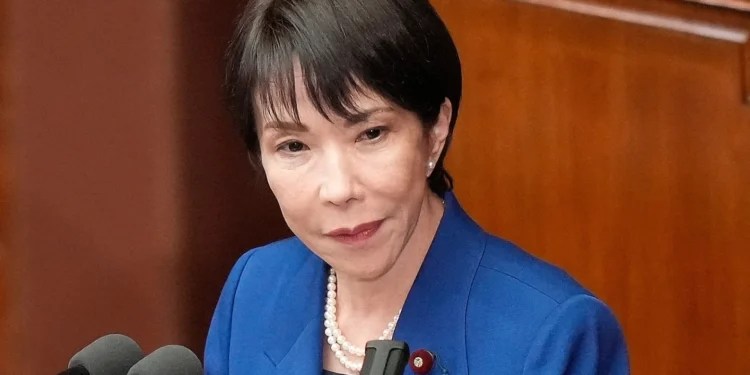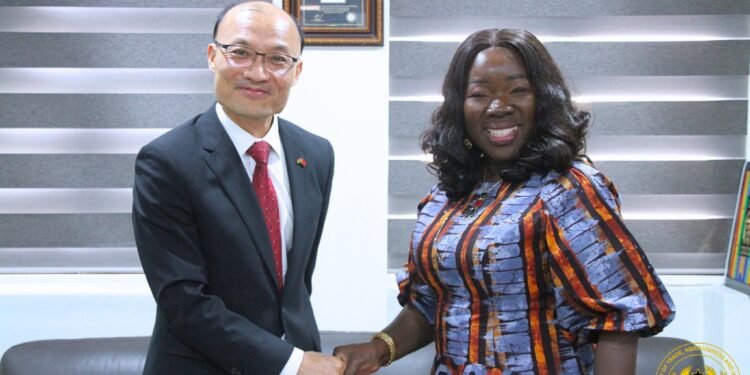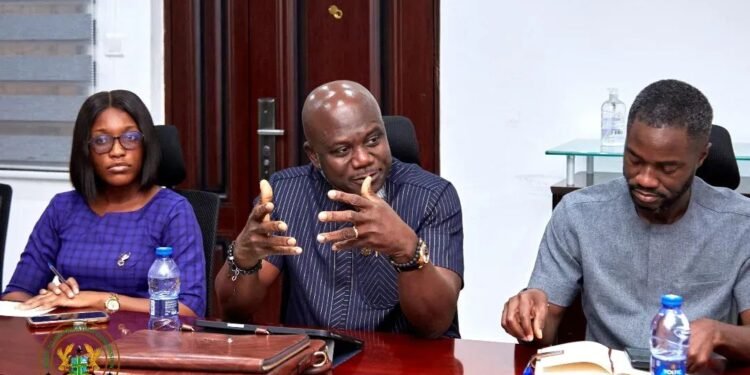Assistant Commissioner at Ghana Revenue Authority (GRA), Dominic Nabb, has called on oil and gas players to build requisite skills for the oil and gas industry, as the country is not gaining enough revenue from the sector.
According to him, these persons require the needed skills and competencies to work with foreign companies despite their seeming lack of commitment to be trained.
Mr Nabb made this revelation at a public lecture on “Tax administration and domestic revenue mobilization in Ghana”. The lecture was aimed at bridging the gap between academia and industry.
“I can assure you that if there is a mismatch between the level of skills of locals who worked in the oil and gas industry from the regulatory side, vis-a-vis the foreign companies who operated in the industry, we cannot get much revenue from that industry.
“But we can get much, so much from that area if we understand the industry and build competencies of those who work there”.
Mr Dominic Nabb
Tax reform systems in the country
Additionally, Mr Nabb indicated that the establishment of Tax Audit and Quality Assurance Department remains a crucial part of reforms aimed at improving the tax administration system in Ghana.
Also, he noted that Customer Experience, the introduction of Integrated Customs Management System, Transparent audit taxing as well are vital in creating the structures for the filing and payment of tax online.
He further noted that they were critical and necessary to ensure that taxpayers paid their tax easily. This, he believes, will help the country derive maximum revenue to undertake its development activities.
“Tax payers are critical part of the tax administration and we will not want anything that will hurt them. If you are hurting them, you hurt them with the law, you let them appreciate that it is the law that is hurting them, but not by your administration”.
Mr Dominic Nabb
GRA’s cashless policy
Following this, Mr Nabb indicated that the GRA has begun the implementation of a cashless policy. This, he noted, is intended to hasten the promotion of government’s effort to operate a cashless economy.
As such, neither cash nor cheques were acceptable at any of its domestic tax offices across the country. He further revealed that this is to help taxpayers train themselves with the new digital systems in order to satisfy tax requirements to the state.
Moreover, Mr. Nabb insisted that going cashless offered taxpayers a variety of mediums to file tax returns.
“You can sit at the comfort of your home and fill your tax returns and GRA will receive it, vet it and respond appropriately. We are doing all these because we want to ensure there is tax compliance”.
Mr Dominic Nabb
According to him, tax compliance, could be achieved when tax payers are given the needed services and support.
Taxations, Mr Nabb explained, is an important tool for socio-economic development. With this, he urged Ghanaians to honour their tax obligations to raise the needed revenue.
He further reasoned that politicians can make promises, however, they can’t be executed without sufficient revenue.























